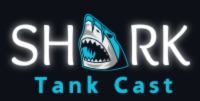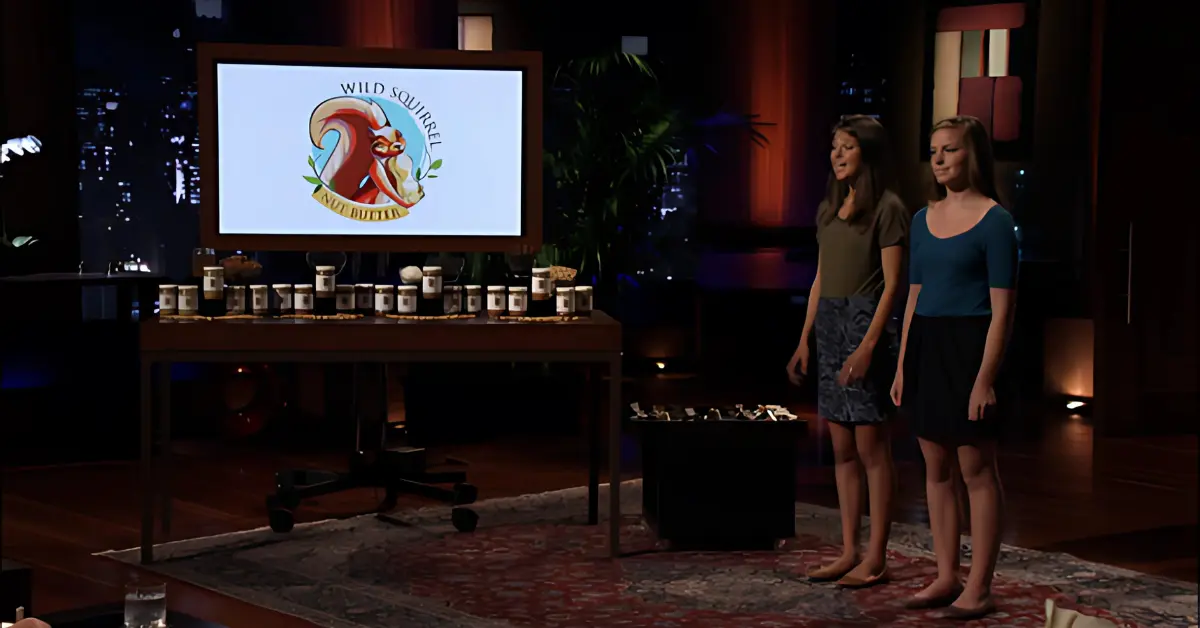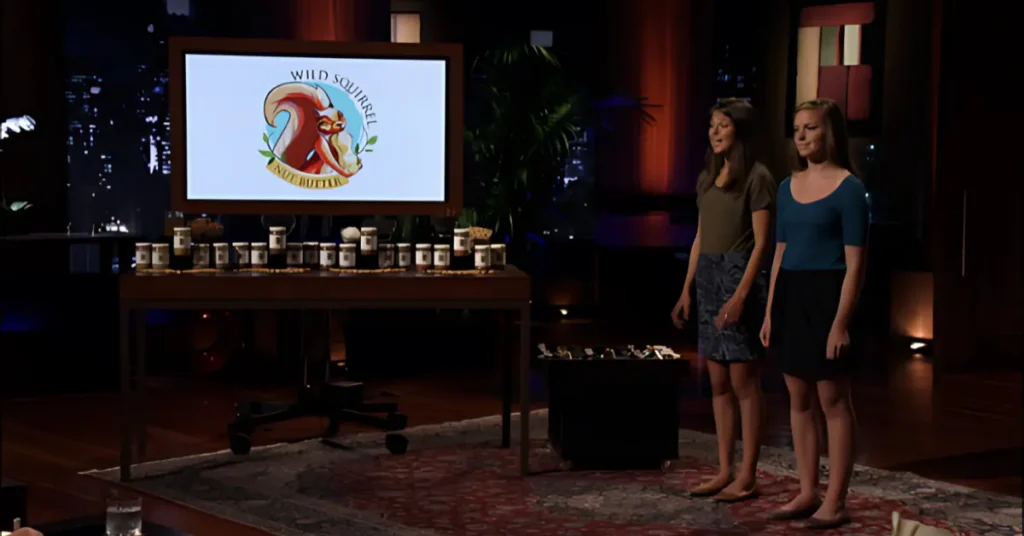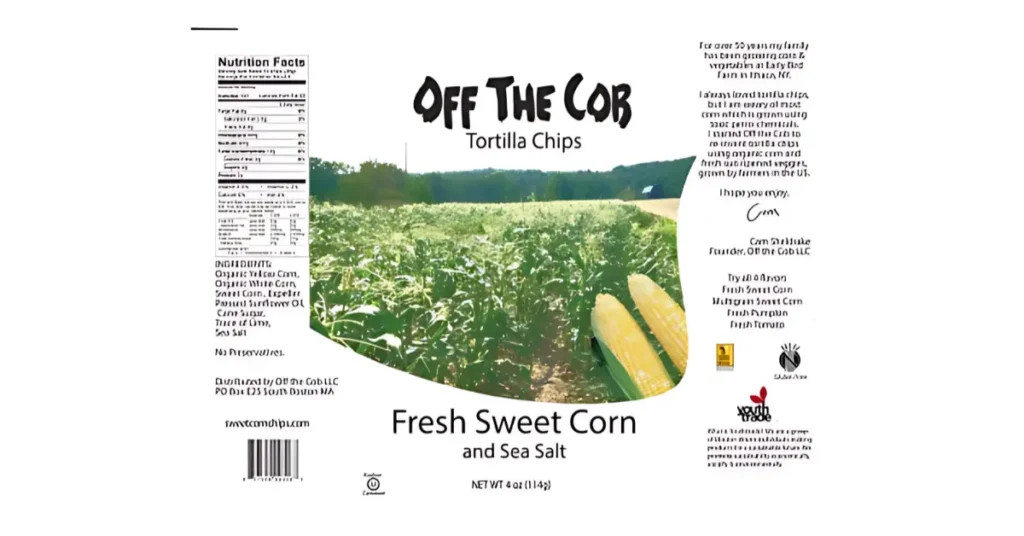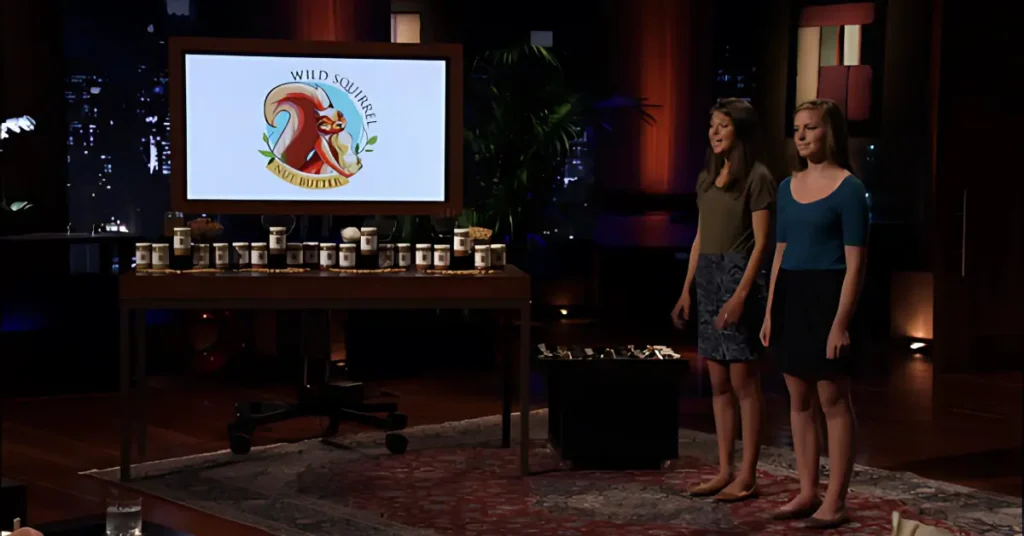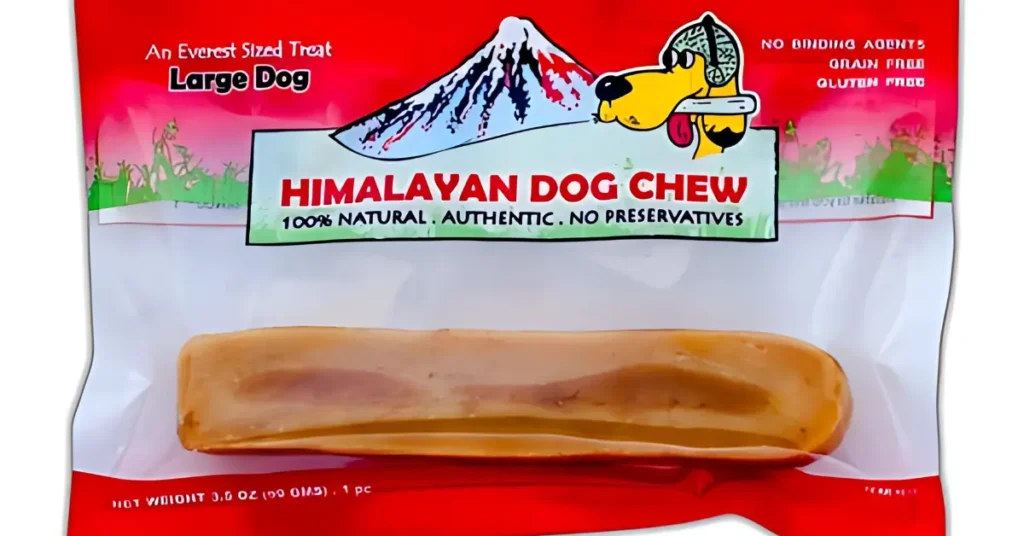In the bustling world of entrepreneurial success stories, few have resonated with health-conscious snack lovers quite like Wild Squirrel Nut Butter, later known as Wild Friends Foods. What began as a college dorm room experiment became a national brand, propelled into the limelight by an appearance on Shark Tank in Season 3. But what happened after the cameras stopped rolling? Did the sharks bite? How did the brand evolve? And why did it ultimately shut down despite reaching shelves in stores like Whole Foods and Costco?
Table of Contents
ToggleRevenue and Net Worth Estimate (Peak Performance)
At its peak, Wild Friends Foods reportedly reached $14 million in annual revenue (2021). While the company remained private and exact figures were undisclosed, industry insiders estimated:
- Net worth around $8–10 million
- Healthy profit margins due to vertical manufacturing partnerships
- High DTC (direct-to-consumer) performance via Amazon and their website
Key Takeaways
- Founded in 2011 by Erika Welsh and Keeley Tillotson while in college.
- Appeared on Shark Tank Season 3 (2012), securing a deal with Barbara Corcoran—later unfulfilled.
- Rebranded as Wild Friends Foods due to trademark issues.
- Grew into a $14M revenue brand with retail presence at Whole Foods, Target, and Costco.
- Shut down operations in April 2024, citing strategic investor decisions.
The Founders: Who Started Wild Squirrel Nut Butter?
The story begins in 2011 at the University of Oregon. Erika Welsh and Keeley Tillotson, then roommates, were passionate about healthy eating and frustrated by the lack of flavored, wholesome nut butters available at their local grocery stores.
Dorm Room to Farmers’ Market
Armed with a food processor and big ideas, they began making small batches of flavored peanut butter using natural ingredients like honey, cinnamon, and chocolate. Their first flavors—like Chocolate Coconut Peanut Butter and Cinnamon Raisin—gained local attention. Encouraged by early feedback, they launched Wild Squirrel Nut Butter, selling at farmers’ markets and through a basic eCommerce setup.
By early 2012, the demand had outgrown their kitchen—and they set their sights on Shark Tank.
Wild Squirrel on Shark Tank – What Happened in Season 3?
Erika and Keeley appeared in Season 3, Episode 10 of Shark Tank, which aired in May 2012. At the time, they were just 18 and 19 years old—a fact that intrigued the Sharks.
The Pitch
They asked for $50,000 in exchange for 10% equity, valuing the business at $500,000. The pitch focused on:
- Their grassroots growth and passion for healthy food.
- Sales of $14,000 within months of starting.
- A mission to create a better, tastier nut butter with cleaner ingredients.
Shark Reactions
- Barbara Corcoran saw the potential in the brand story and offered $50,000 for 40% equity, conditional on licensing.
- Kevin O’Leary bowed out, skeptical of competition.
- Mark Cuban liked the enthusiasm but declined due to scalability concerns.
- Daymond John and Robert Herjavec also opted out.
Erika and Keeley accepted Barbara’s offer on-air, sparking buzz among viewers.
The Deal That Didn’t Close
As is often the case with Shark Tank deals, things changed off-camera. The agreement with Barbara was never finalized, and no investment funds were exchanged. Nevertheless, the national exposure proved invaluable.
Rebranding to Wild Friends Foods
Soon after their appearance, the founders were hit with a legal challenge: the name “Wild Squirrel” infringed on an existing trademark. Rather than fight a legal battle, they pivoted and rebranded to Wild Friends Foods.
The new branding expanded their vision beyond nut butter to include a full range of nut- and seed-based snacks.
Why “Wild Friends”?
The name reflected their values: fun, friendship, and natural living. It also gave them freedom to scale into future food categories.

Product Line Expansion: More Than Just Peanut Butter
After rebranding, Wild Friends rapidly expanded its offerings. By 2015, the company featured a full range of:
- Peanut Butters – Flavored and unsweetened
- Almond Butters – Including Vanilla Espresso, Honey Sunflower
- Sunflower Butters – Nut-free options for allergy-sensitive customers
- Protein-Enhanced Nut Butters – In partnership with Whole30 and collagen brands
They focused on organic, non-GMO, gluten-free, and palm oil-free formulations—keeping clean label trends in mind.
In 2017, they even launched single-serve squeeze packs—perfect for lunchboxes and post-workout snacks.
Retail Growth: From Local Markets to Big Chains
Wild Friends secured early partnerships with local co-ops and health stores. By 2016, their products were available nationwide in:
- Whole Foods Market
- Target
- Costco
- Kroger
- Sprouts
- Amazon
Sales continued to rise year over year, with product distribution in over 10,000 stores by 2020.
Why Did Wild Friends Foods Shut Down?
In April 2024, Wild Friends Foods shocked fans by announcing that they would cease operations.
The Official Statement
The founders shared that the decision came after extensive talks with the company’s majority shareholder. Despite having loyal customers and a strong brand, the operational costs and market dynamics made continuation unsustainable under their current structure.
Industry Challenges
- Increased ingredient costs (especially almonds and peanuts)
- Intense competition from newer “keto,” “vegan,” and protein-rich snack startups
- Rising freight and distribution costs post-pandemic
- Private equity influence that prioritized ROI over long-term brand nurturing
It was a painful decision—but one that highlighted how even successful, mission-driven brands can face insurmountable market forces.
Wild Friends Foods Legacy and Impact
Despite closing, Wild Friends left a lasting impact on the health food industry.
Key Contributions:
- Pioneered fun, flavored nut butters before it became mainstream.
- Promoted women-led entrepreneurship in food startups.
- Set new standards for clean-label, allergen-friendly snack innovation.
- Demonstrated successful brand pivoting under trademark pressure.
Wild Friends inspired countless indie food brands to start with a passion and grow through storytelling, social media, and transparency.
Latest 2025 Updates
As of 2025:
- The official Wild Friends website is inactive, redirecting to a closure statement.
- Remaining inventory has sold out across most retailers.
- Resale on Amazon and eBay has become common, with prices rising due to demand from loyal fans.
- No announcement has been made about a future relaunch, though Erika and Keeley have hinted at returning to the health food space “in a new way.”
Are the Founders Starting Something New?
According to recent interviews, Erika Welsh is consulting for wellness brands, while Keeley Tillotson is exploring new startup opportunities in the clean food and sustainability space.
A new brand may be in the works—but nothing has been officially confirmed as of this writing.
Conclusion
Wild Squirrel Nut Butter—eventually known as Wild Friends Foods—is a story of passion, growth, pivoting, and perseverance. What started as a humble dorm room idea grew into a nationally recognized, multimillion-dollar brand that pushed the envelope on what peanut butter could be. Their Shark Tank appearance may have opened the door, but it was their commitment to quality, innovation, and customer connection that built a loyal following.
Although the business closed in 2024, its legacy continues to influence emerging food brands in 2025. Whether or not the founders return to the spotlight, Wild Friends will always be remembered as a trailblazer in the world of healthy, adventurous snacking.
